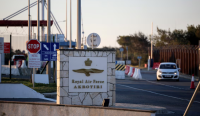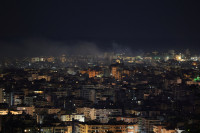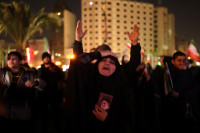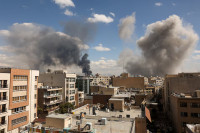World
Singapore team invents test kit that detects coronavirus antibodies in 1 hour
The kits specifically detect the presence of neutralising antibodies, which play a key role in the body's defence against Covid-19.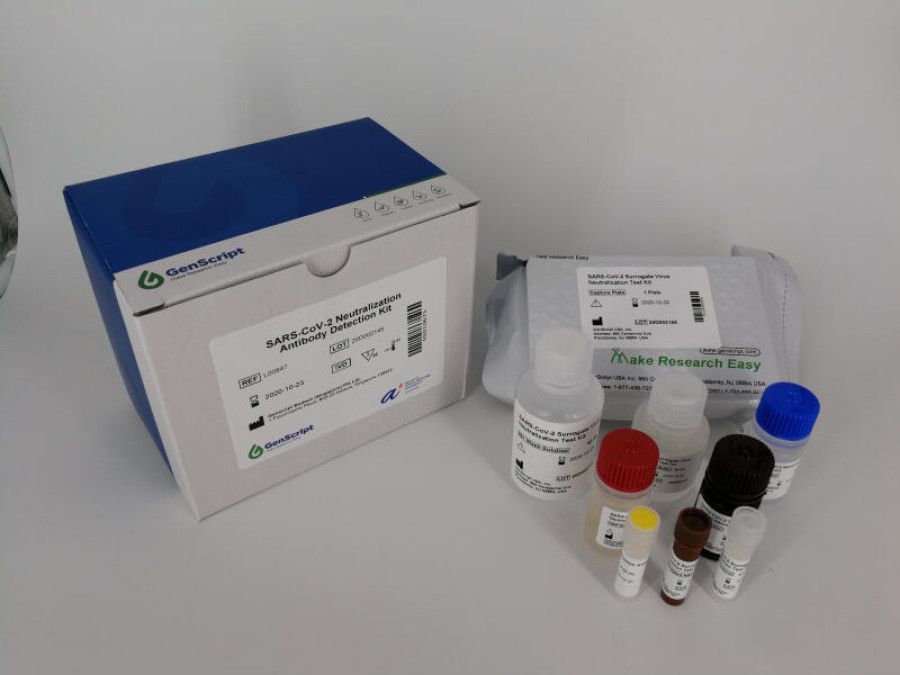
Asia News Network
Local researchers have invented a test kit that can tell if someone has antibodies that neutralise the coronavirus - in just one hour. Such a test is crucial in the war against Covid-19 and can be used for contact tracing, assessment of herd immunity and vaccine development.
It was announced yesterday that Duke-NUS Medical School would be co-developing and manufacturing the test kits together with biotechnology company GenScript Biotech Corporation and the Agency for Science, Technology and Research's Diagnostics Development Hub.
The kits specifically detect the presence of neutralising antibodies, which play a key role in the body's defence against Covid-19.
When the coronavirus attacks a person, proteins on its shell attach themselves to cells in the body.
Neutralising antibodies bind themselves with the proteins before this happens, thus preventing the virus from infecting the cell.
Duke-NUS Medical School's Professor Wang Linfa, the kit's inventor, said tests currently available cannot be rolled out on a mass scale. His test, however, does not require a live virus or live cells. This means the test can be carried out much quicker, more safely, and on a larger scale than existing ones.
Professor Teo Yik Ying, dean of the National University of Singapore's Saw Swee Hock School of Public Health, said: "This is a terrific development that significantly shortens the time taken to determine whether one has previously been infected and thus possesses the neutralising antibodies that may prevent a re-infection.
"Presently, there are a few unknowns with regard to whether prior infection immediately confers immunity against re-infection, and even if so, how long this immunity lasts. This test kit is a crucial resource in allowing the world to learn about these unknowns."
This article was previously published in The Straits Times which is a part of Asia News Network.




 9.83°C Kathmandu
9.83°C Kathmandu

